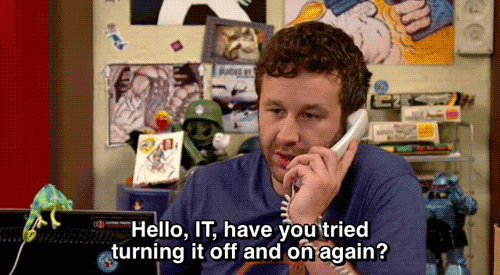1TB solid state drive to replace this one.
This is completely unnecessary and more money than you need to spend.
As was previously alluded to, get a good Intel or Samsung 240gb SSD for your OS and programs, and then get a matching pair of 1-3 TB drives to put into RAID or mirrored drives for your work and resources files. If you're doing a lot of Photoshop work or audio/video editing consider another drive, perhaps a 60gb SSD, for your scratch/buffer disk.
It's never a good idea to keep your work and resources files on your main drive, it causes fragmentation and slows shit down. Plus if that drive dies you lose everything. This way makes it easy if you ever need to reformat or roll back the main drive in the future and your important shit is backed up redundantly on separate storage.
Set your shit up like this and I guarantee you'll be a lot happier.


